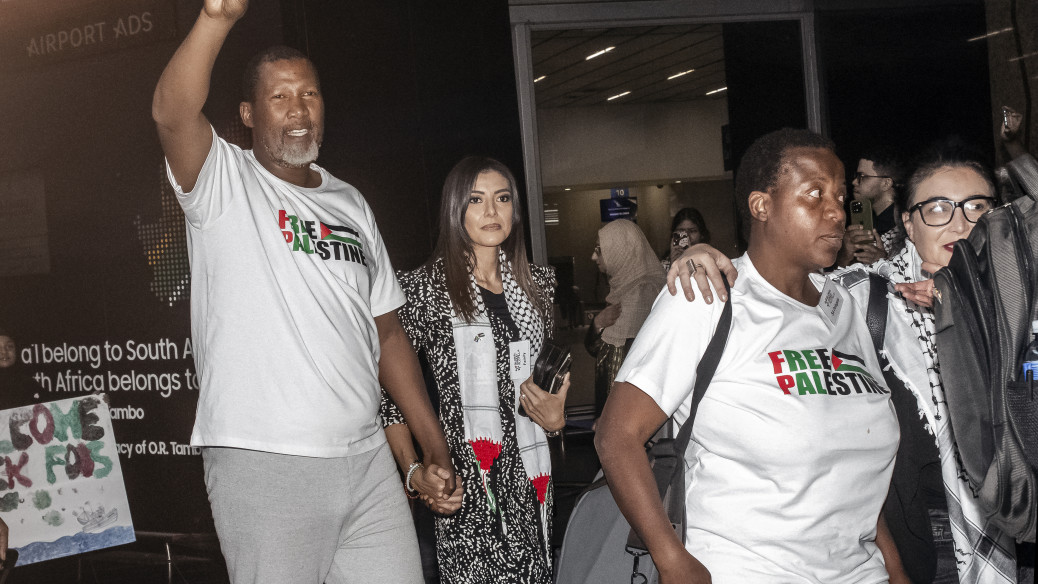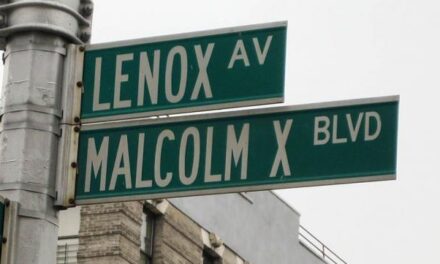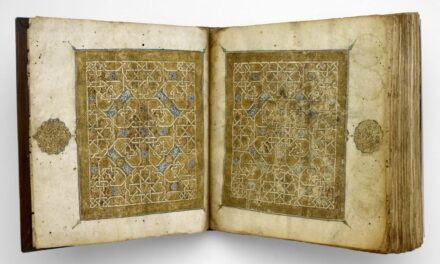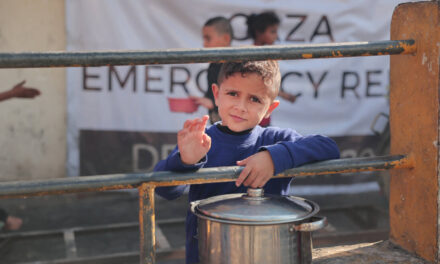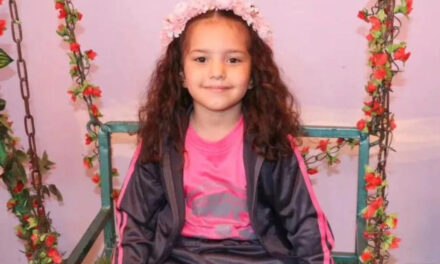South Africa’s experience of apartheid and Palestine’s struggle against Israeli settler colonialism share deep links, helping drive a strong pro-Palestine movement in the African nation [photo credit: Joseph Chirume]
Chief Mandla Mandela, grandson of former South African president Nelson Mandela, says he and five other South Africans were “humiliated and psychologically abused” after Israeli forces intercepted their aid flotilla to Gaza in international waters on 3 October.
The six were part of the Global Sumud Flotilla (GSF), a civil society initiative carrying food and medical supplies to Palestinians under blockade. The group included writer Zukiswa Wanner, Reaaz Moolla, Dr Zaheera Soomar, Dr Fatima Hendricks and Carrie Shelver.
Mandela told The New Arab that the Israeli operation was “illegal and executed with scant regard for the objectives of our mission.” He said the activists were “paraded for ordinary Israelis and their allies in the Western media to see,” and that the South African delegation “seemed to have been singled out for bad treatment.”
“We were made to kneel for a long time with our hands tied with cable ties behind our backs,” Mandela said. “They deliberately delayed processing us and initially denied us access to legal representatives as well as to diplomatic representation.”
He described the experience as “traumatic” and said the psychological harm “would live with them for a long time.” The group said they were undressed, humiliated and subjected to intimidation while in detention.
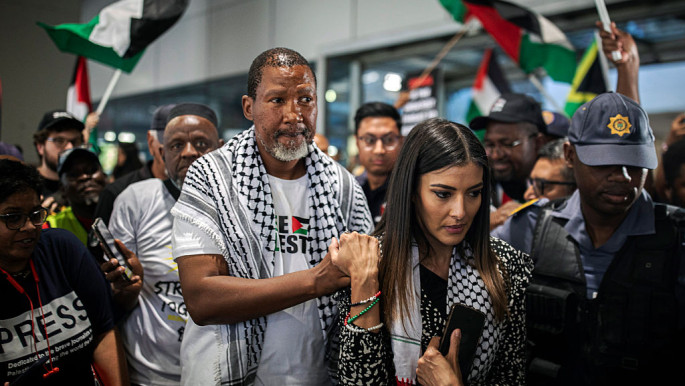
Mandela told The New Arab that he will continue efforts to break the blockade “as long as the Israeli occupation still exists.” [photo credit: Joseph Chirume]
They were released on 7 October 2025 following a series of diplomatic interventions and negotiations by their lawyers.
Despite the ordeal, Mandela said the experience deepened solidarity among the activists from across the world. “The struggle to free Palestine persists,” he said, vowing to return if conditions in Gaza do not improve. “As long as the Israeli occupation of Palestine still exists, I will continue to try to break the Gaza blockade.”
Among those detained was Dr Zaheera Soomar, a South African-Canadian citizen residing in the United Arab Emirates. A long-time pro-Palestine activist, she said she was “aggressively handled” by Israeli soldiers.
“I wasn’t tortured or brutalised, but I was aggressively handled and my rights were taken away from me,” Dr Soomar told The New Arab. “I had male soldiers who physically manhandled me at the port and in the prison. I feared for my life. My religious hat was removed from my head, and I was stripped naked three times. We were not allowed to see a lawyer, and the South African Consular was refused for two days to see us, while the Canadian Embassy also refused to meet with me.”
Dr Soomar said she had joined the flotilla despite a deep fear of the ocean. “I’m a mountain climbing enthusiast, but for the sake of Palestinians, I had to conquer that water-phobia to participate,” she said.
She added that she had missed the 2024 flotilla and was determined to join the 2025 mission. “I have been a longstanding Palestinian activist for more than ten years. Growing up in South Africa, we know the struggle because of apartheid. Fighting for a free Palestine is something we have always done,” she said. “We see good moves politically, but it hasn’t been enough; there are still too many political and economic ties with Israel.”
She said some governments were “complicit” and failing to act despite mounting pressure.
“I don’t want a world like this for my children. I have three children and I don’t want them to grow up in a world filled with evil, hate and discrimination. Fighting for the freedom and liberation of Palestinians is not just for them but for all of us. A free Palestine is the key to ending colonialism, fascism and capitalism as well.”
Dr Soomar, who personally funded her trip, said prison life only strengthened her resolve. “The atmosphere on the boats, on the ground and in prison was amazing,” she said. “We came together as strangers from very different cultures and norms, but humanity united us in wanting a free and liberated Palestine. Those people will be family to me for the rest of my life.”
After her release, she said she was overwhelmed by guilt. “When I was set free, I felt completely guilty because I have this privilege of freedom yet Palestinians don’t. It’s something I’m still struggling to make sense of.”
